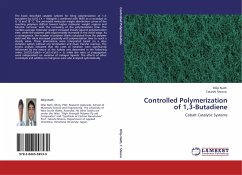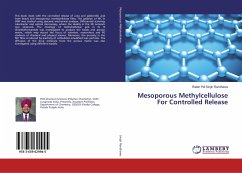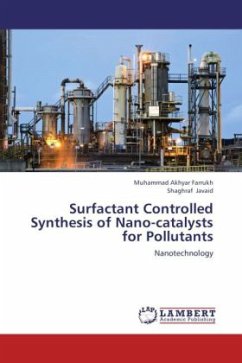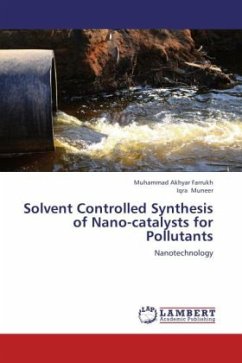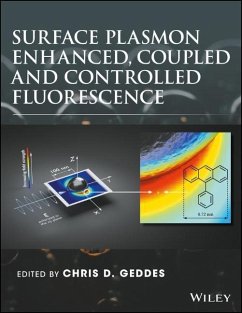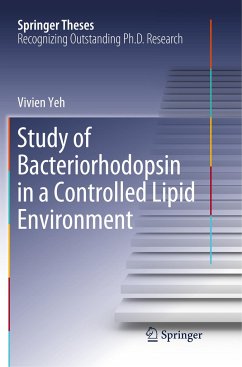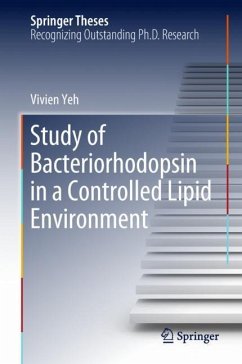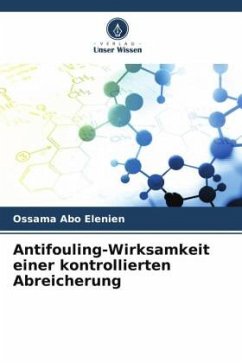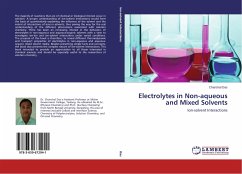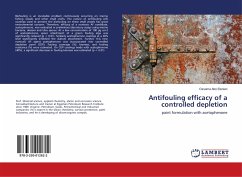
Antifouling efficacy of a controlled depletion
paint formulation with acetophenone
Versandkostenfrei!
Versandfertig in 6-10 Tagen
27,99 €
inkl. MwSt.

PAYBACK Punkte
14 °P sammeln!
Biofouling is an inevitable problem continuously occurring on marine fishing vessels and other small crafts. The nature of antifouling (AF) coatings used to prevent the biofouling on these small vessels has great environmental concern. Therefore, efficacy of a nontoxic AF candidate, acetophenone, was evaluated in preliminary laboratory assays using marine bacteria, diatom and Ulva spores. At a low concentration of 100 mig cm-2 of acetophenone, spore attachment of a green fouling alga was significantly reduced (p 0.01). Similarly acetophenone coatings at a 40% level significantly inhibited the ...
Biofouling is an inevitable problem continuously occurring on marine fishing vessels and other small crafts. The nature of antifouling (AF) coatings used to prevent the biofouling on these small vessels has great environmental concern. Therefore, efficacy of a nontoxic AF candidate, acetophenone, was evaluated in preliminary laboratory assays using marine bacteria, diatom and Ulva spores. At a low concentration of 100 mig cm-2 of acetophenone, spore attachment of a green fouling alga was significantly reduced (p 0.01). Similarly acetophenone coatings at a 40% level significantly inhibited the diatom attachment. Further, this new nontoxic AF agent acetophenone was incorporated into controlled depletion paint (CDP). Fouling coverage (%), biomass, and fouling resistance (%) were estimated. On CDP coatings made with acetophenone (40%), a significant decrease in fouling biomass was estimated (p 0.01).



